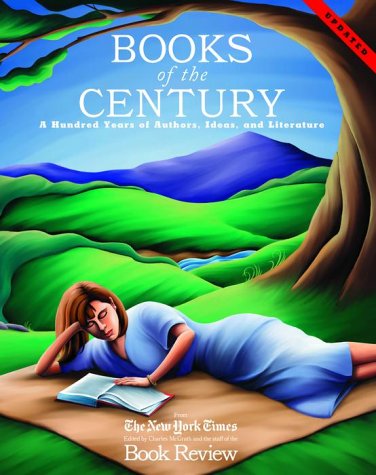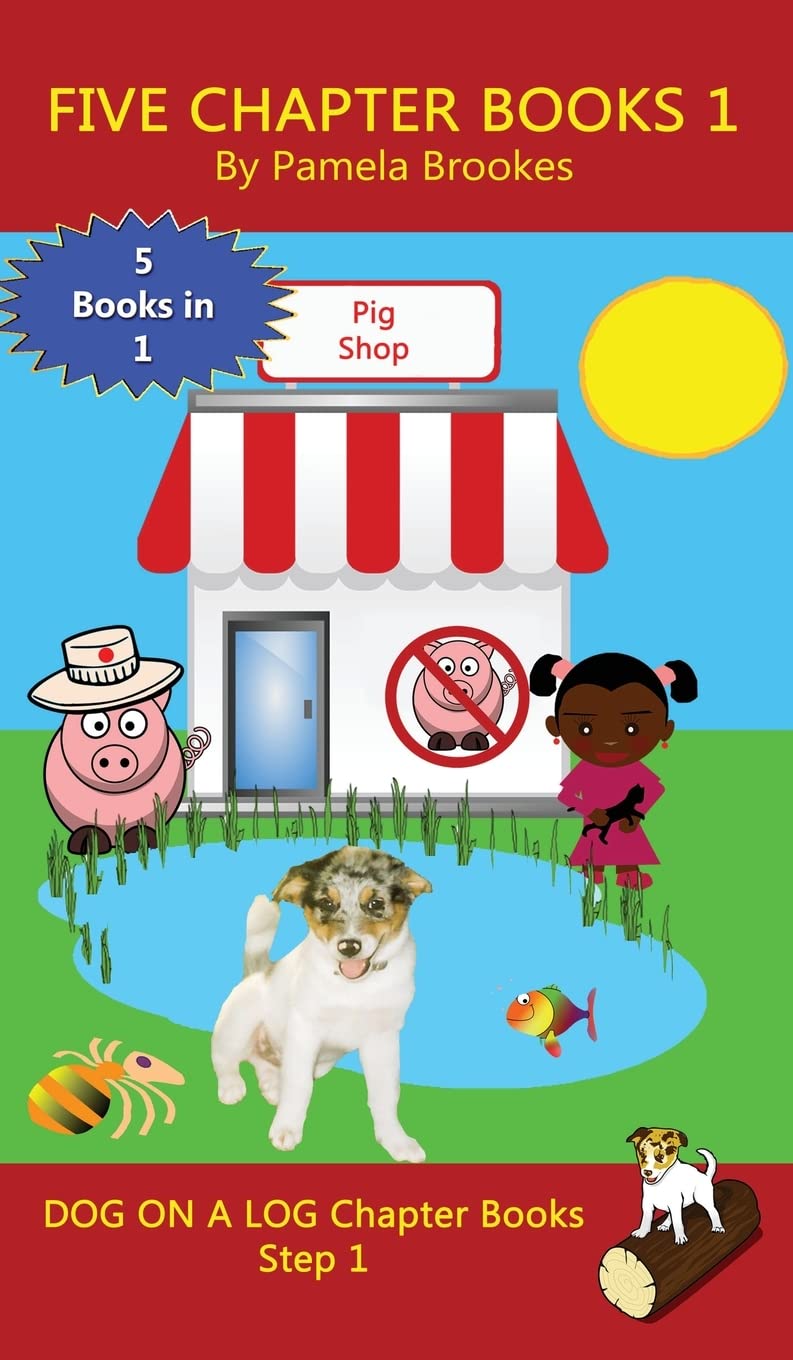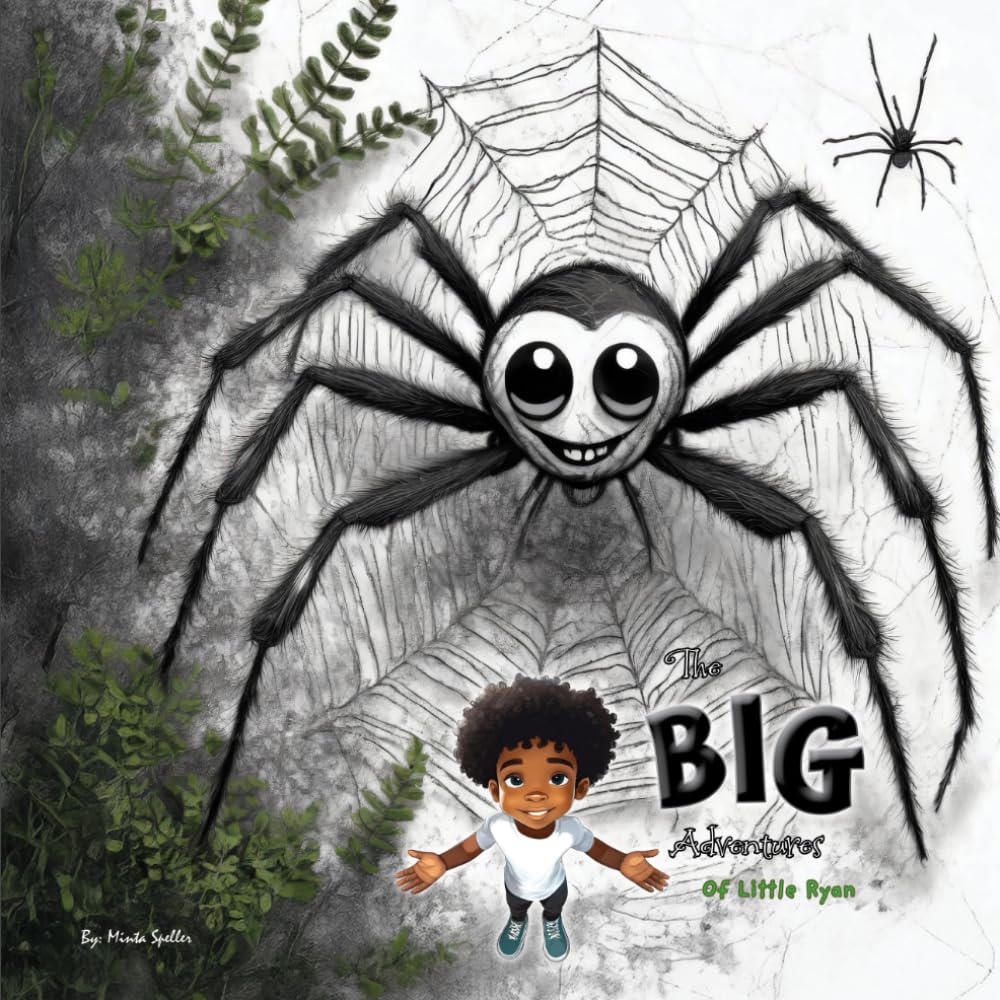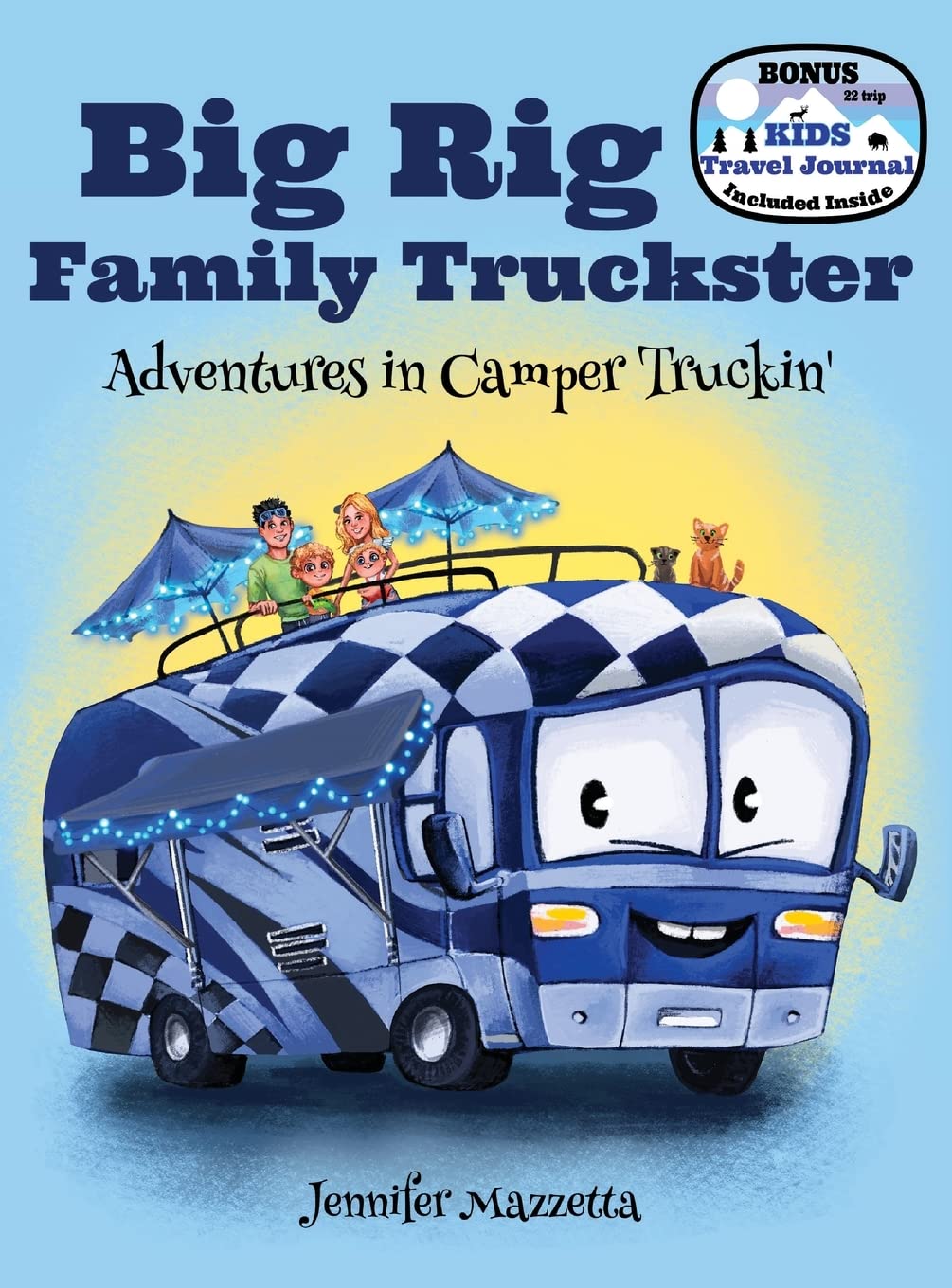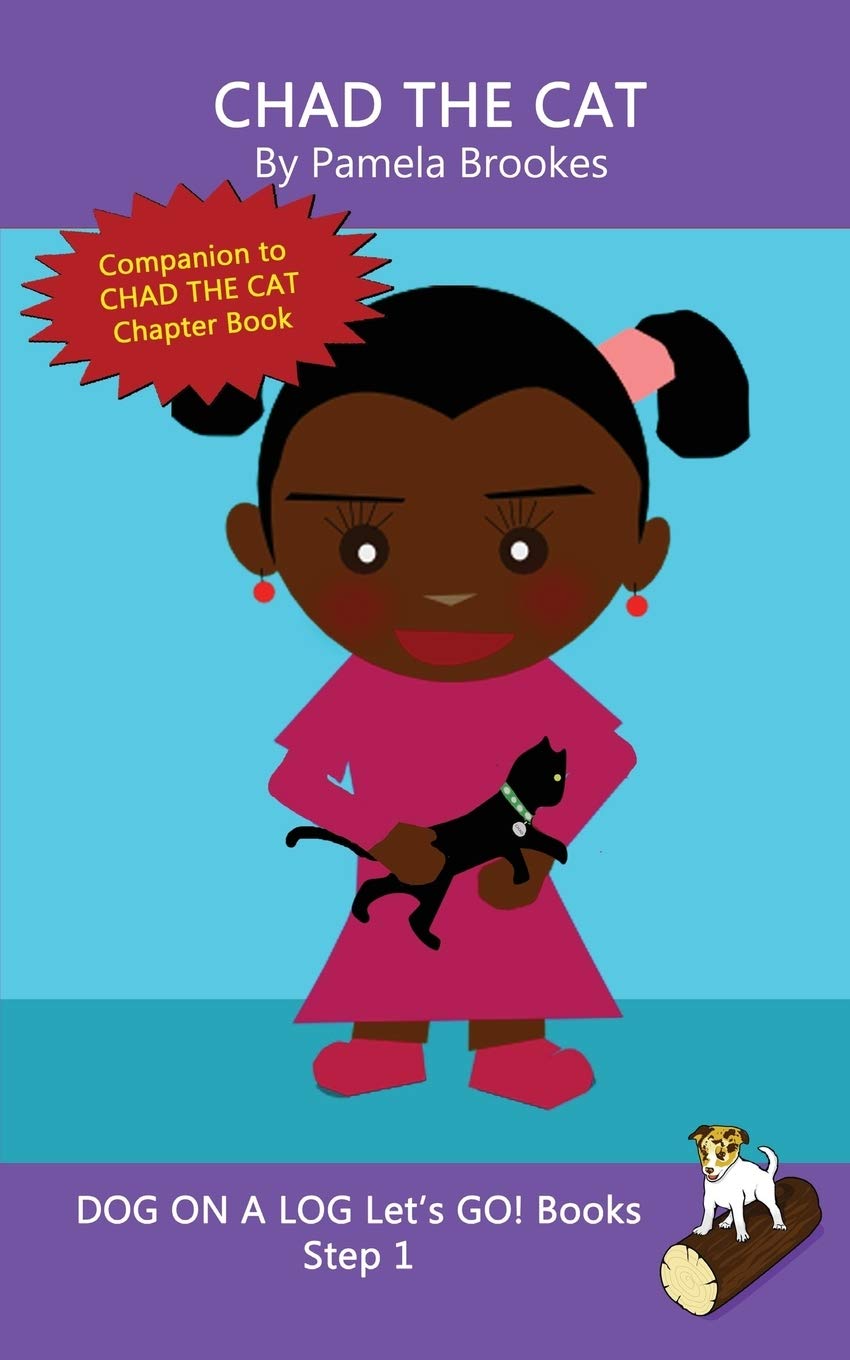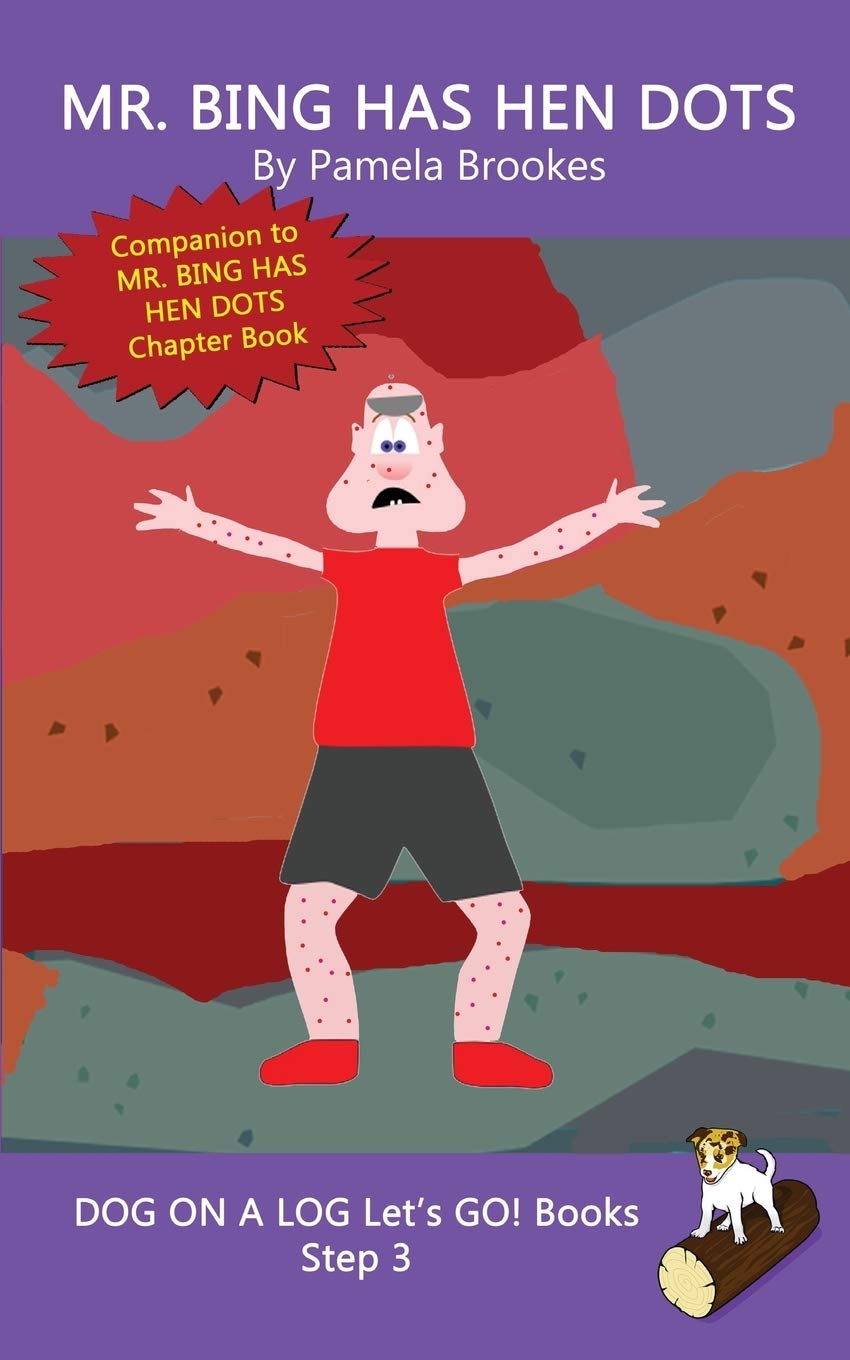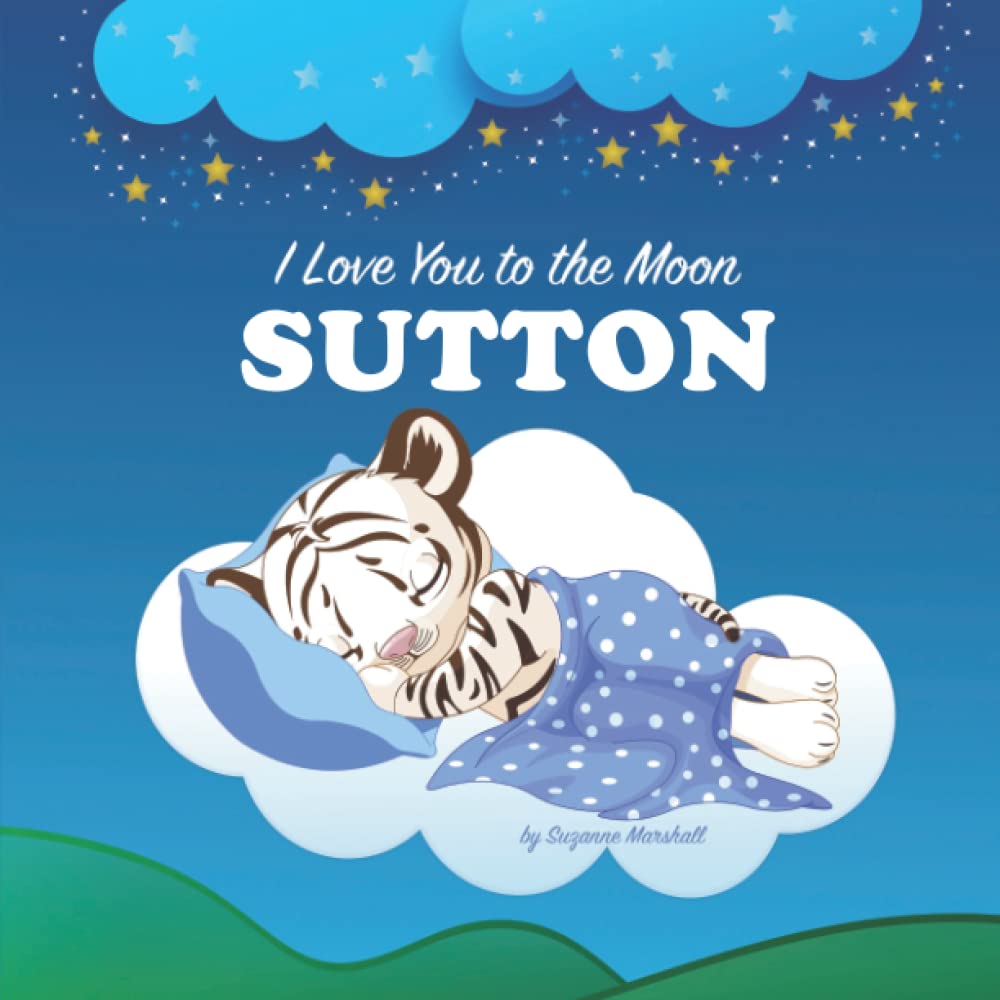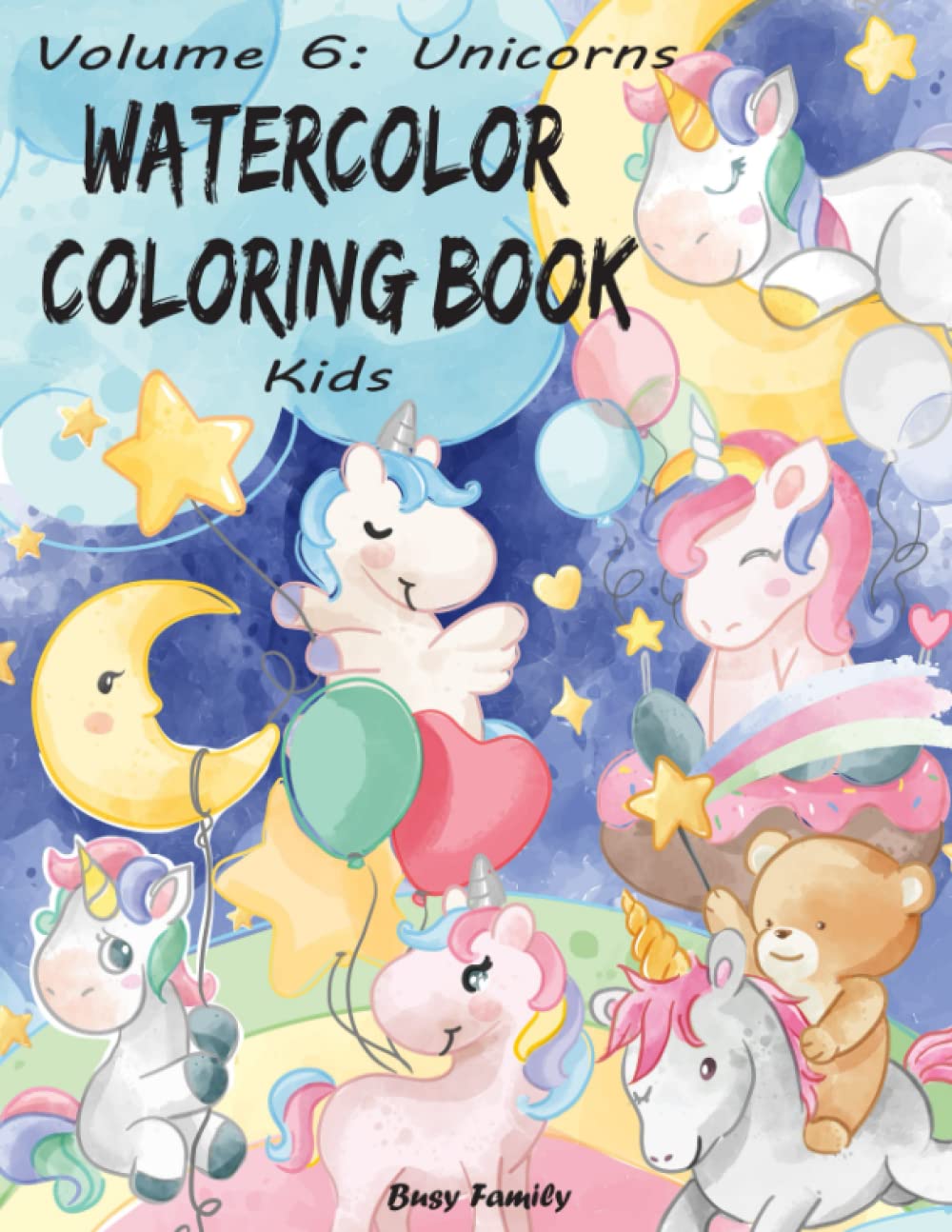A treasure-house of literary entertainment, featuring a century's worth of the best reviews, essays, and interviews ever published in The New York Times Book Review . With more than 250 selections, Books of the Century -- now updated for this paperback edition -- sheds light on some of our greatest writers and how their books were received when first reviewed in The New York Times Book Review , America's most widely read journal of the literary arts. Arranged chronologically, here are reviews of Franz Kafka's The Trial , Anne Frank's The Diary of a Young Girl , E. M. Forster's A Passage to India , and Ernest Hemingway's For Whom the Bell Tolls . Also selected from the Book Review's pages are letters to the editor from Jack London and Joseph Conrad, interviews with Émile Zola and Vladimir Nabokov, essays by Saul Bellow and Gabriel García Márquez, and the "Oops!" feature, which humbly presents reviews of classics such as Catch-22 and The Catcher in the Rye that the Book Review initially panned. A time line runs throughout, highlighting the century's literary landmarks. Bringing together classic reviews and writings, The New York Times Book Review has created a resource to be read and cherished for years to come. Books of the Century , modestly subtitled A Hundred Years of Authors, Ideas, and Literature , is a fine and firm rebuff to anyone who has ever thought the New York Times Book Review the stodgiest of institutions. Sifting through the archives, the editors have come up with a wealth of killer critiques, beginning with an ambivalent notice of The Spoils of Poynton and ending with Martin Amis's ecstasy over Underworld . Many of the reviews feature matches made in editorial heaven: Randall Jarrell on e.e. cummings, Welty on E.B. White's classic Charlotte's Web , and Joan Didion on John Cheever's Falconer . But the essays and interviews are just as enticing. Henry Bech interrogates his creator, John Updike; Isaac Bashevis Singer catechizes Laurie Colwin ("Are you trying to convince me that I'm a big shot?"); and Philip Roth asks Milan Kundera the burning question, "What does sex mean to you as a novelist?" But Books of the Century is not just a greatest hits. It's also a priceless compendium of misses and major mortifications. Applause to whoever decided to include numerous admissions of error under the hilarious heading "Oops!" No one should feel guilty for seeking these out first. In the TBR 's early years, for instance, Bloomsbury was twice a whipping boy: E.M. Forster gets slammed for Howards End in 1911 and nine years later Virginia Woolf's The Voyage Out has little "to make it stand out from the ruck of mediocre novels." And judging from the weak parody it's afforded, The Catcher in the Rye was not initially a critical darling: Salinger "should've cut out a lot about these jerks and all that crumby school." But what are we to make of the fact that as the decades draw on, there seem fewer and fewer Oopses? Apparently the Times Book Review is not just getting older, it's getting better. In any case, by making us aware of the exhilarations of reading and thought, Books of the Century more than lives up to its subtitle. --Kerry Fried ouse of literary entertainment, featuring a century's worth of the best reviews, essays, and interviews ever published in The New York Times Book Review . With more than 250 selections, Books of the Century -- now updated for this paperback edition -- sheds light on some of our greatest writers and how their books were received when first reviewed in The New York Times Book Review , America's most widely read journal of the literary arts. Arranged chronologically, here are reviews of Franz Kafka's The Trial , Anne Frank's The Diary of a Young Girl , E. M. Forster's A Passage to India , and Ernest Hemingway's For Whom the Bell Tolls . Also selected from the Book Review's pages are letters to the editor from Jack London and Joseph Conrad, interviews with Émile Zola and Vladimir Nabokov, essays by Saul Bellow and Gabriel García Márquez, and the "Oops!" feature, which humbly presents CHARLES McGRATH is the editor of The New York Times Book Review . He lives in Allendale, New Jersey. Introduction To read through one hundred years of The New York Times Book Review is to be reminded, forcefully, that almost nothing lasts. The ninety-nine blue-bound volumes containing the Book Review so far are crammed together on metal shelving at the back of the Times's editorial library, some of them unopened for years. They're a monument to continuity of a sort--to one hundred years of serious and careful attention to books, a record unequaled by any other publication--but they are also a chastening and depressing catalogue of once-famous books and authors now utterly forgotten. In those yellowing newsprint pages, mighty literary reputations rise and fall--Santayana, for example, and James Gould Cozzens--while redoubtable publishing flagships like Bon
